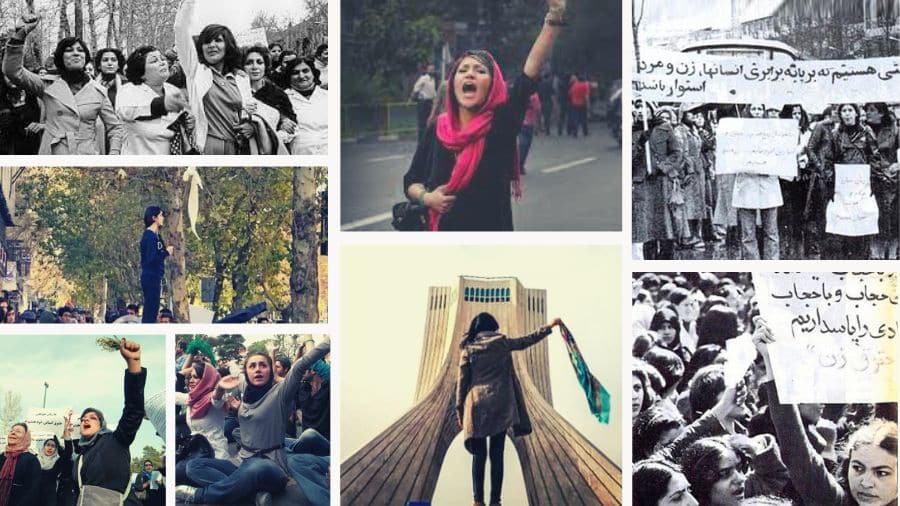Abstract
This presentation provides a brief summary of the changes in gender dynamics in Iran over the past 100 years (1300-1400/1921-2021), focusing on the status, rights, and demands of women. Women’s demands and the theoretical and practical framework in which they are conveyed will be the primary determinants. Socio-political transformation processes, including changes in the government and its politicians, as well as the economic, cultural background and popular domestic and international discourses, have influenced the strategies, slogans, and formatting of the major demands of women in every historical period. What strategies and solutions did prior generations and pioneers of the Iranian feminist movement employ to overcome various hurdles and obstacles, especially in historical contexts, and what lessons can the younger generations of Iran and other nations learn from the Iranian feminist mothers? In the context of the strategic framework and the future outlook of the women’s movement, some criticisms and recommendations are provided in the end.
In the century under review, Iranian society, particularly its gender relations, has been influenced by a number of interconnected internal and foreign variables, such as two nationwide revolutionary movements with contrasting ideologies, worldviews, and discourses. The first is the unfinished constitutional revolution founded on modernity and modernism and a partial end to tyranny; the second is the “Islamic Revolution” founded on fundamentalism and religious dictatorship. Numerous political-social, scientific developments, and new technological inventions, especially in communication and information systems, have accelerated awareness, the interaction between cultures, and globalization processes, including the global-local (glocal) spread of new discourses and values such as Human rights, democracy, sustainable development, environmental protection, equality, de-discrimination, and feminism; All of them have had global-local (glocal) consequences and laid the foundation for the dynamics of new social movements, including women’s movements in the world and Iran.


